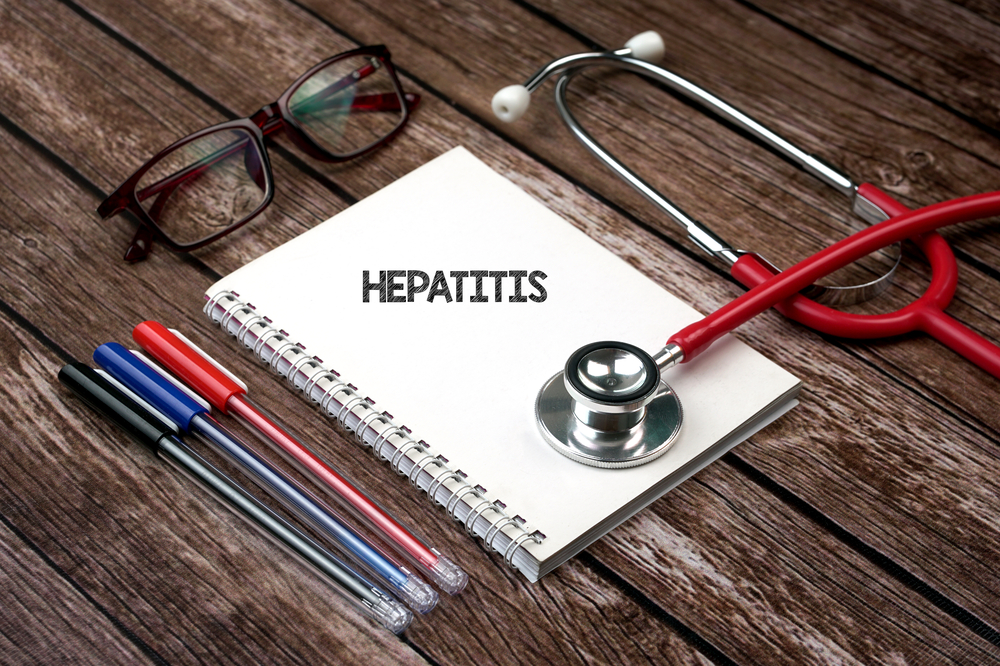Understanding Dark Stools: Causes, Symptoms, and Management
Dark stools can result from minor issues like dietary choices or serious conditions such as internal bleeding or ulcers. Recognizing symptoms early and consulting a healthcare provider is vital. Treatment varies from dietary adjustments to surgery, depending on the cause. Persistent dark stools should always prompt medical evaluation to prevent complications and ensure proper health management.

Understanding Dark Stools: Causes, Symptoms, and Management
Overview of Dark Stool: Causes, Indicators, and Treatment Options
Experiencing changes in bowel color, such as dark or black stools, is increasingly common. These changes may stem from mild issues like consuming dark foods or minor injuries, or they could indicate serious health problems like internal bleeding or ulcers. Recognizing the reason behind dark stools is crucial for proper treatment. While often benign, dark stools can signal critical conditions that require prompt medical attention.
Dark, black stools often result from bleeding in the upper digestive tract, including regions like the esophagus, stomach, or small intestine. In contrast, bleeding lower in the digestive system typically causes red, bloody stools. Various health issues can cause such discoloration, making medical evaluation essential.
Common Causes of Dark Stool
Bleeding sources like esophageal varices—swollen veins in the esophagus that rupture—can cause black stools. Stomach ulcers, which are sores on the stomach lining, can also lead to dark discoloration, often accompanied by stomach pain. Similarly, peptic ulcers in the small intestine and esophagus may contribute. Gastritis, a condition where the stomach lining becomes inflamed, may also be responsible. Excessive intake of oily, unhealthy foods can trigger indigestion, resulting in darkened stools. Additionally, foods such as black licorice, dark chocolate, and blueberries may temporarily darken stool color.
More Serious Conditions Requiring Immediate Attention
Certain severe health issues are linked to persistent dark stools, requiring urgent medical care. Necrotizing enterocolitis—an inflammation of the intestinal tissues—can cause tissue death and perforation, representing a medical emergency. Colon cancer increases risk, especially if dark stools persist over time. Intussusception, a condition where the intestine folds onto itself, can obstruct bowel flow and cause black stools. Platelet disorders affecting blood clotting may result in significant bleeding, leading to dark stool coloration. Medications and chemotherapy also sometimes cause darkening of stools as side effects.
Treatment Approaches for Dark Stools
Addressing dark stools begins with medical diagnosis. Doctors typically analyze blood and stool samples and may perform imaging scans to identify internal bleeding or blockages. Endoscopy or colonoscopy might be necessary if bleeding sources are unclear or severe. Treatment varies according to the diagnosis—from dietary adjustments and medication to surgical procedures for removing polyps or damaged veins. If dark stools accompany symptoms like stomach pain or dizziness, seeking immediate medical attention is essential.
For less severe cases, increasing dietary fiber—through whole grains, pears, beans, and similar foods—can help alleviate symptoms. However, it's important to consult a healthcare professional, as high-fiber intake isn't suitable for all conditions. Identifying the underlying cause is crucial for effective treatment. Dark stool can indicate minor issues like gastritis or indigestion or serious conditions such as colon cancer or bleeding disorders. Prompt medical assessment ensures proper management and recovery.










